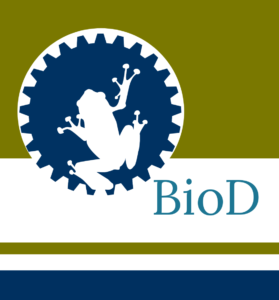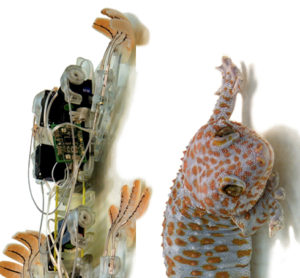I imagine that the neurological circuits underlying these processes are governed by both 2d spacing maps with their brains as…
Using a Sea Slug to Develop Better Hardware for Artificial Intelligence
A new study has found a material that can mimic the sea slug’s most essential intelligence features. The discovery is a step toward building hardware that could help make AI more efficient and reliable for technology ranging from self-driving cars and surgical robots to social media algorithms.
AI has a really hard time learning and storing new information without overwriting information it has already learned and stored, a problem that researchers studying brain-inspired computing call the “stability-plasticity dilemma.” Habituation would allow AI to “forget” unneeded information (achieving more stability) while sensitization could help with retaining new and important information (enabling plasticity).
In this study, the researchers found a way to demonstrate both habituation and sensitization in nickel oxide, a quantum material. The material is called “quantum” because its properties can’t be explained by classical physics
One Response to Using a Sea Slug to Develop Better Hardware for Artificial Intelligence
Leave a Reply Cancel reply
You must be logged in to post a comment.
Learn about our two Decals!
 Click here to find out more about our Fall Bioinspired Design Decal and our Spring Bioinspired Design in Action Decal – ALL MAJORS are welcome.
Click here to find out more about our Fall Bioinspired Design Decal and our Spring Bioinspired Design in Action Decal – ALL MAJORS are welcome.Berkeley BioDesign Community
 Click here to learn about the BioD: Bio-Inspired Design @ Berkeley student organization or here to signup for more info.
Click here to learn about the BioD: Bio-Inspired Design @ Berkeley student organization or here to signup for more info.Search
Student Login




The brain functions in a similar way with neuronal connections. our brains are able to utilize the multiplicity of connections to ensure and create storage of memories that are ever-changing and extremely versatile. I imagine that the ability to rewire circuits is beyond our ability to replicate in computer technology and will be for quite some time.